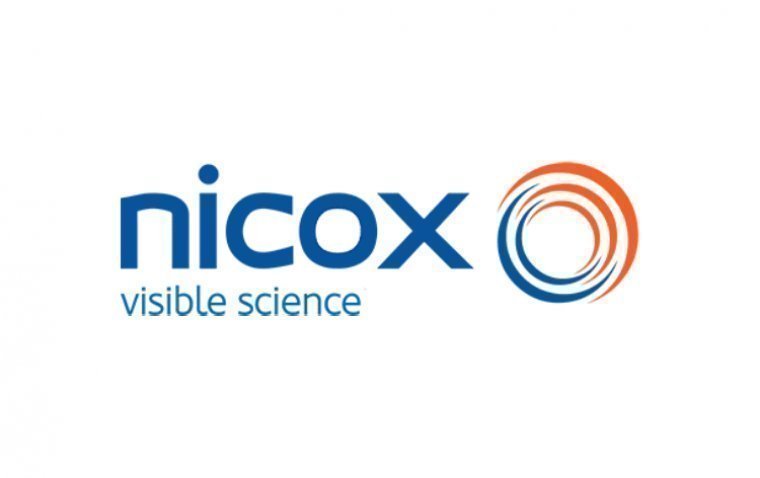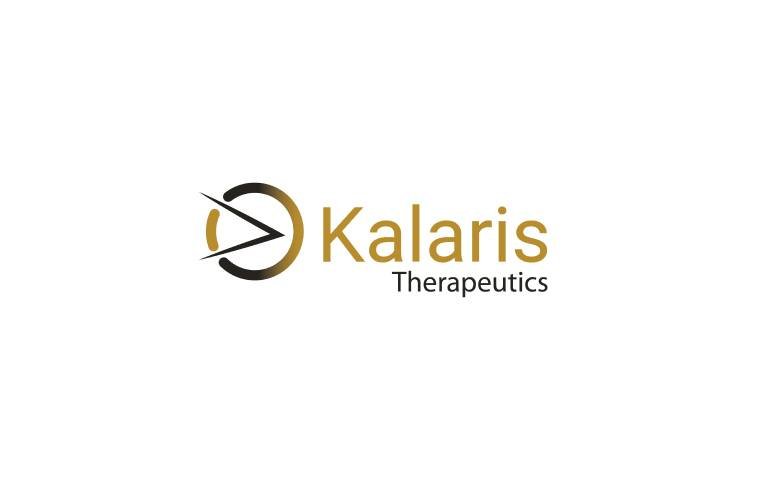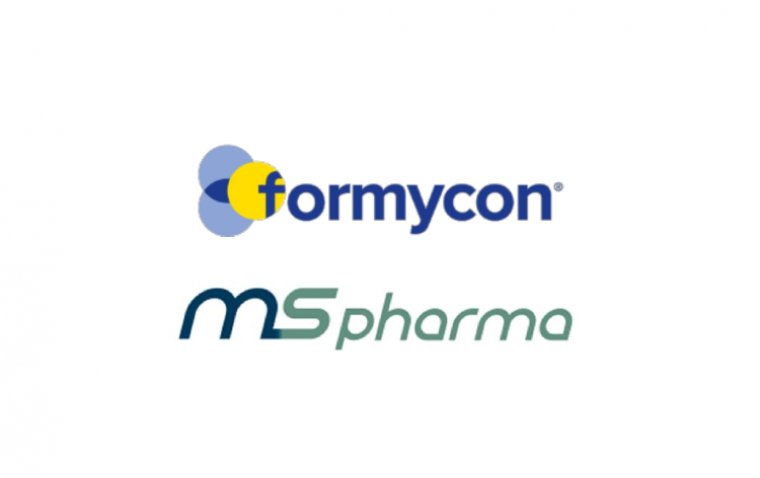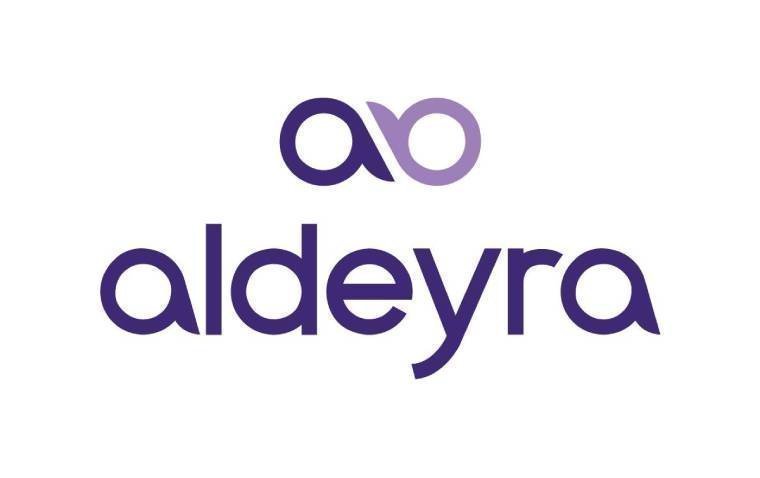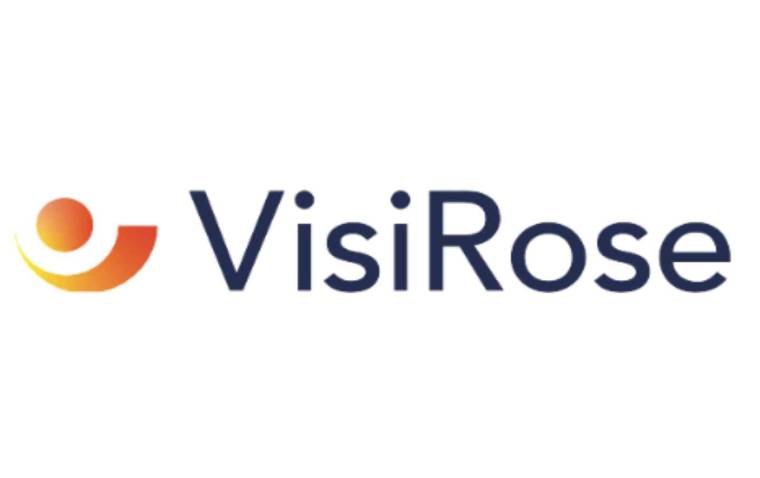
VisiRose Introduces Investigational Non-Invasive Therapy for Infectious Keratitis
VisiRose, a newly established company formed in collaboration with Provectus Biopharmaceuticals and the Bascom Palmer Eye Institute (BPEI) at the University of Miami Miller School of Medicine, is advancing the development of Rose Bengal Photodynamic Antimicrobial Therapy (RB PDAT). This investigational, non-invasive treatment targets infectious keratitis and other severe ocular infections, offering a promising solution to critical unmet needs in eye care.
Innovative Approach with RB PDAT
RB PDAT integrates Provectus’s bioactive synthetic small molecule, Rose Bengal Sodium (RBS), with a light-based medical device developed by BPEI. The therapy is designed to address infections caused by bacteria, fungi, and parasites, making it a potential game-changer in combating the global challenge of antimicrobial resistance (AMR).
Key Features of RB PDAT:
• Broad-spectrum antimicrobial activity.
• Non-invasive, safe, and cost-efficient treatment.
• Targets severe eye infections unresponsive to conventional therapies.
Addressing Antimicrobial Resistance
Clinical trials conducted in the United States, India, Brazil, and Mexico have demonstrated rapid infection resolution and improved patient outcomes, reinforcing the potential of RB PDAT to combat AMR.
“RB PDAT is a revolutionary, non-invasive treatment showing remarkable promise for patients with severe infectious keratitis. This innovative therapy harnesses the power of light to combat infection and offers new hope for preserving vision,” said Jean-Marie Parel, PhD, FAIMBE, FARVO, director and co-founder of the Ophthalmic Biophysics Center at BPEI.
From Laboratory to Clinical Practice
VisiRose is committed to bringing RB PDAT from the research phase to real-world application.
“VisiRose is crucial for translating the innovation of RB PDAT from the laboratory to a widely accessible treatment, ultimately benefiting countless patients worldwide,” said Guillermo Amescua, MD, professor of clinical ophthalmology and medical director of the Ocular Microbiology Laboratory at BPEI.
Dominic Rodrigues, acting CEO of VisiRose, emphasized the therapy’s importance for patients facing vision loss due to infectious keratitis:
“This innovative therapy, with its targeted action and dual benefits, represents a significant advancement in eye care, paving the way for a brighter future for those struggling with this challenging condition.”
Promising Clinical Results
RB PDAT has been evaluated in over 500 patients, showing efficacy in severe infections that resisted conventional treatments. With a focus on regions experiencing rising AMR and limited access to effective therapies, VisiRose aims to address a critical gap in the $60 billion global ophthalmic market.
Transforming Eye Care
As VisiRose moves closer to commercializing RB PDAT, this therapy has the potential to become a valuable tool in managing severe infectious keratitis and protecting vision for patients worldwide.
(1).jpg)


